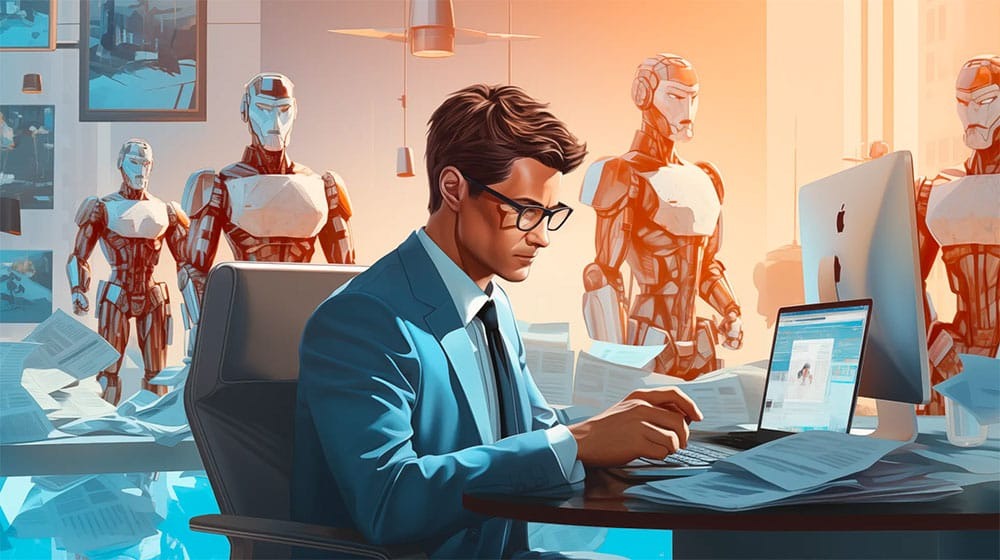In today’s workforce landscape, payroll departments are under increasing strain. With a growing talent shortage, rising compliance demands, and evolving employee expectations, managing payroll has become more complex than ever. Fortunately, Artificial Intelligence (AI) is stepping in to bridge the gap—transforming how organizations process payroll and manage workforce operations.
The Talent Crunch in Payroll
Across industries, companies are struggling to fill roles in HR and payroll. From manual data entry to managing tax regulations and deadlines, payroll professionals are expected to handle high-stakes tasks with zero margin for error. But with limited staff and increased workloads, burnout and inefficiencies are inevitable.
According to recent studies, nearly 40% of payroll teams report being understaffed, and many are forced to rely on outdated, error-prone processes. That’s where AI steps in.
How AI Is Easing the Pressure
AI-powered payroll platforms are redefining back-office efficiency. By automating repetitive, time-consuming tasks and offering intelligent insights, AI helps small teams do more with less. Key benefits include:
- ✅ Automated calculations: AI handles taxes, benefits, and overtime with speed and accuracy.
- ✅ Compliance monitoring: Stay ahead of changing labor laws and tax regulations through real-time updates.
- ✅ Error detection: AI flags anomalies and payroll inconsistencies before they become costly mistakes.
- ✅ Chatbots for employee queries: Virtual assistants handle routine questions about pay slips, deductions, or time off—freeing up HR teams.
- ✅ Predictive analytics: Forecast labor costs, staffing needs, and optimize scheduling.
By removing manual pain points, AI allows payroll teams to focus on strategy, compliance, and employee experience, rather than just processing numbers.
Real-World Impact
Companies that have adopted AI in payroll report:
- A 30–50% reduction in processing time
- Fewer compliance errors and costly penalties
- Increased employee satisfaction due to faster issue resolution and better transparency
This not only helps fill the talent gap but also creates a more agile and scalable HR infrastructure—vital in a hybrid or remote-first workplace.
The Future of Payroll Is AI-First
As technology matures, we’ll see AI doing more than automation. From integrating with workforce planning tools to offering personalized compensation insights, AI will become a strategic partner in how companies attract, retain, and reward talent.


